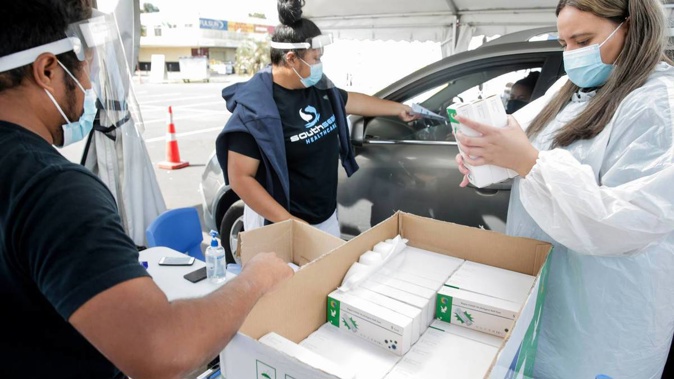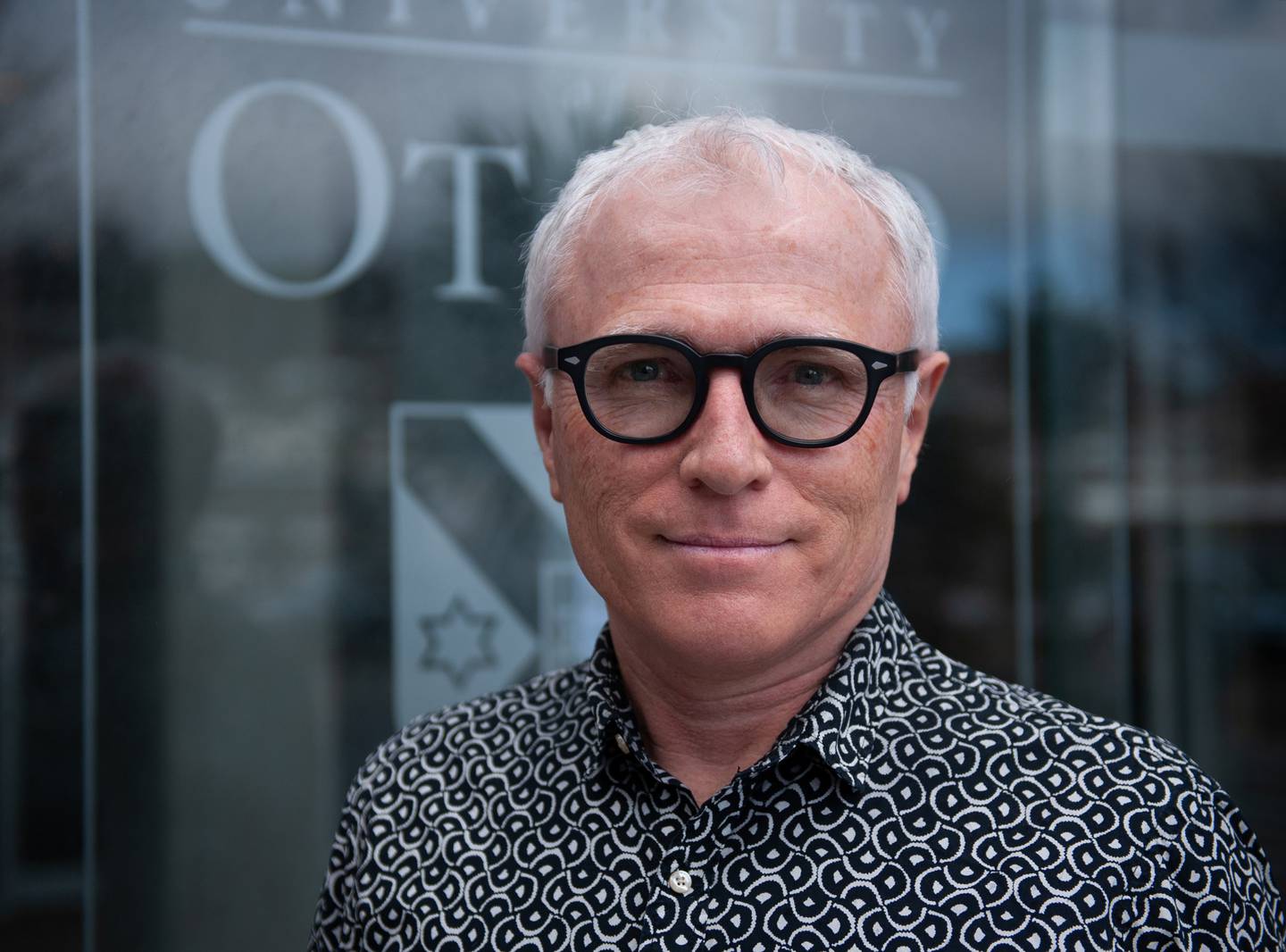
Nine Covid-related deaths, including that of a person in their 20s, were reported by the Ministry of Health today.
Of the nine people who died, five were from Auckland region, two from Waikato, one from Wairarapa and one from Bay of Plenty.
One person was in their 60s, one in their 70s, two in their 80s and four in their 90s.
The person in their 20s who died with the virus is the second youngest Kiwi to die with Covid-19 since the pandemic began. New Zealand's youngest Covid death was a child under 10 who passed away in December.
"Our thoughts are with their family and friends at this sad time," the ministry said in its 1pm update.
The total number of publicly reported Covid-related deaths is now 184.
There are 14,463 new community cases of Covid-19, the Ministry of Health announced.
There are 1000 people in hospital, including 33 in intensive care.
The seven-day rolling average of community cases is 17,124 and there are now 119,860 active community cases of the virus in the country.
The cases reported today are in Northland (422), Auckland (3279), Waikato (1401), Bay of Plenty (893), Lakes (457), Hawke's Bay (796), MidCentral (657), Whanganui (209), Taranaki (473), Tairāwhiti (259), Wairarapa (222), Capital and Coast (951), Hutt Valley (583), Nelson Marlborough (404), Canterbury (2,267), South Canterbury (191), Southern (950) and the West Coast (39).
The vast majority (14,224) were detected via RATs while 239 were located using PCR testing.
The 1000 people hospitalised are in Northland (33), North Shore (173), Middlemore (221), Auckland (200), Waikato (76), Bay of Plenty (38), Lakes (12), Tairāwhiti (5), Hawke's Bay (31), Taranaki (7), Whanganui (6), MidCentral (20), Hutt Valley (23), Capital & Coast (51), Wairarapa (7), Nelson Marlborough (11) Canterbury (60), South Canterbury (1) and the Southern (25) region.
The average age of the current hospitalisations is 59.
The ministry provides vaccination data of people hospitalised in the Northern region, excluding emergency departments.
Of those included in the count, 107 cases or 18 per cent are either unvaccinated or not eligible for vaccination.
Seventeen cases - or three per cent - were partially immunised (<7 days from second dose) or have only received one dose.
Two hundred and six cases or 35 per cent were double vaccinated at least seven days before being reported as a case.
There were 226 cases or 38 per cent that had received booster at least seven days before being reported as a case.
The vaccination status of 38 cases or six per cent was unknown.
Four million New Zealanders are now double dose vaccinated against Covid-19, the ministry announced.
More than 95 per cent of those 12 and over have now completed their primary vaccination course, which is "a significant achievement for Aotearoa", it said.
Director-General of Health Dr Ashley Bloomfield thanked everyone who "had chosen to make themselves and their whānau safer by getting vaccinated".
"I can't emphasise enough that getting boosted provides the best protection against the Omicron variant."
Across New Zealand, 3,509,497 people have now had their booster, which is 73 per cent of those that have become due.
For eligible Māori aged 12 and older, 91.1 per cent have had their first dose of Covid-19 vaccine, 87.9 per cent have had two doses and 58.6 per cent of those eligible have been boosted.
For Pacific peoples, aged 12 and older, 98.1 per cent have had their first dose, 96.3 per cent have had their second dose and 59.5 per cent of those eligible have had a booster dose.
Of eligible children, aged 5-11, 53.8 per cent have had one dose of Covid-19 vaccine and 8.3 per cent have had a second dose.

New Zealand's Omicron wave continues to trend downwards, with experts saying the outbreak has peaked in Auckland, and likely also in other parts of the country.
A total of 12,021 new community cases were recorded yesterday – the lowest daily number since February.
This was a significant drop on the 18,514 cases reported the previous day, although the ministry advised testing numbers declined at weekends.
Nine deaths were also reported yesterday – eight men and one woman aged between their 50s and 90s – spread across Auckland, Bay of Plenty, Waikato and Capital and Coast.
There were 957 people in hospital yesterday - slightly lower than the peak of hospitalisations at 971 last week.
However, 26 of those hospitalised were in intensive care, the highest number since the pandemic began.
The ministry yesterday said there had been a "steady decline" in case numbers across Auckland while cases in other parts of the country continued to fluctuate.
Otago University epidemiologist Michael Baker said Auckland's outbreak appeared to have peaked in early March, before the city's hospitalisation rates peaked last week with more than 630 cases.
But he expects hospitals across the country to remain under pressure for months to come.
Considering the rest of the country's outbreak seemed to be one to two weeks behind Auckland, he suspected New Zealand's overall outbreak had peaked sometime in the last fortnight.
Describing the outbreak as "like a Mexican wave", Baker said we would see the virus spreading into different populations and peaking locally at different times.
"But the picture we see when you add it all up together and smooth the data out, is a peak across the whole country lasting two to three weeks."
Although the rise to the Omicron peak had been sharp, Baker said the climb down would take much longer.
"In Auckland, it took around four to five weeks between the first noticeable rise in cases and reaching a peak – and it does look like it's going to have a slower descent.
"At this point, I think it's reasonable to say that the whole country might reach a new baseline level by early May."
Take your Radio, Podcasts and Music with you








